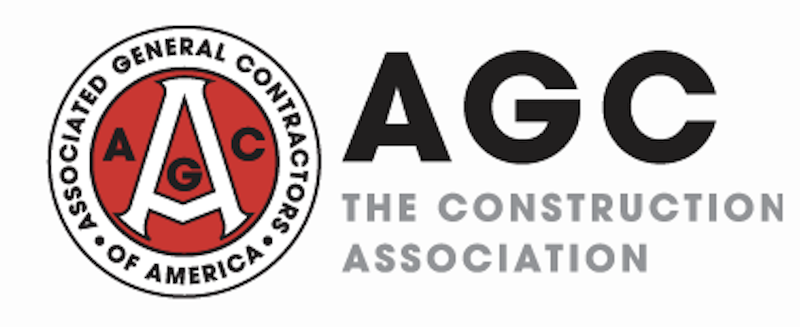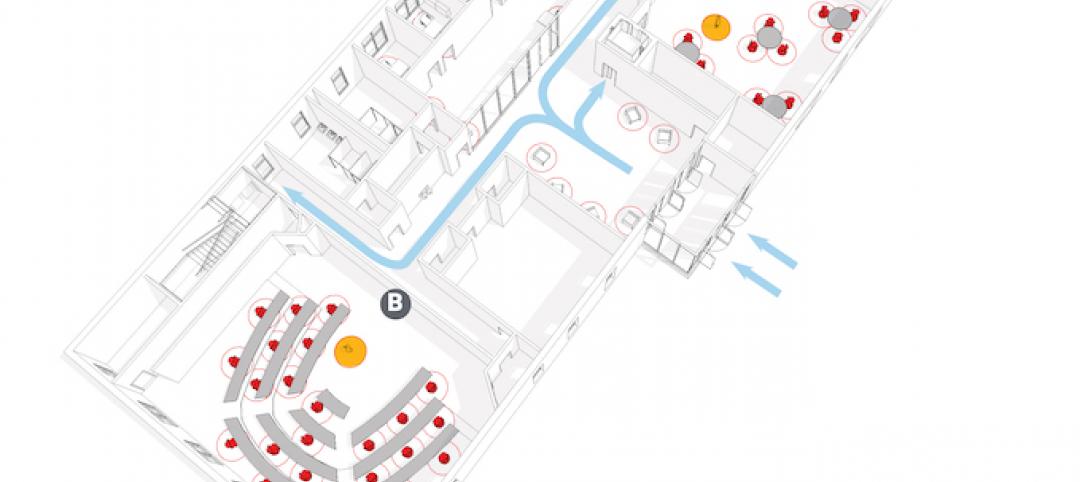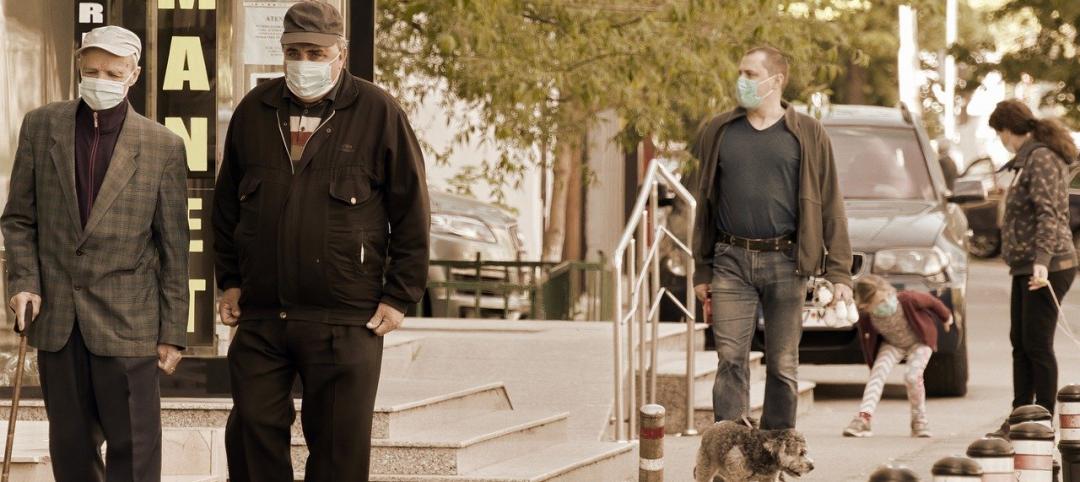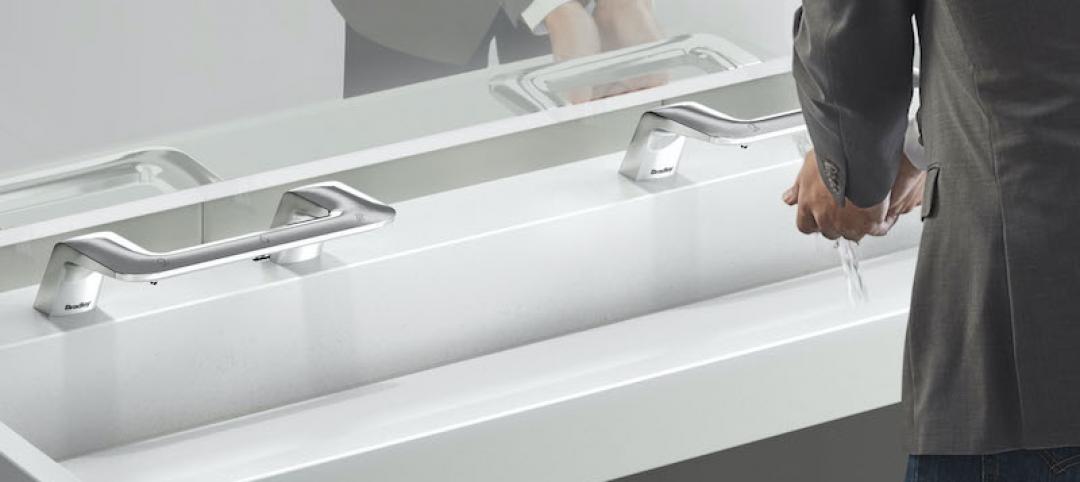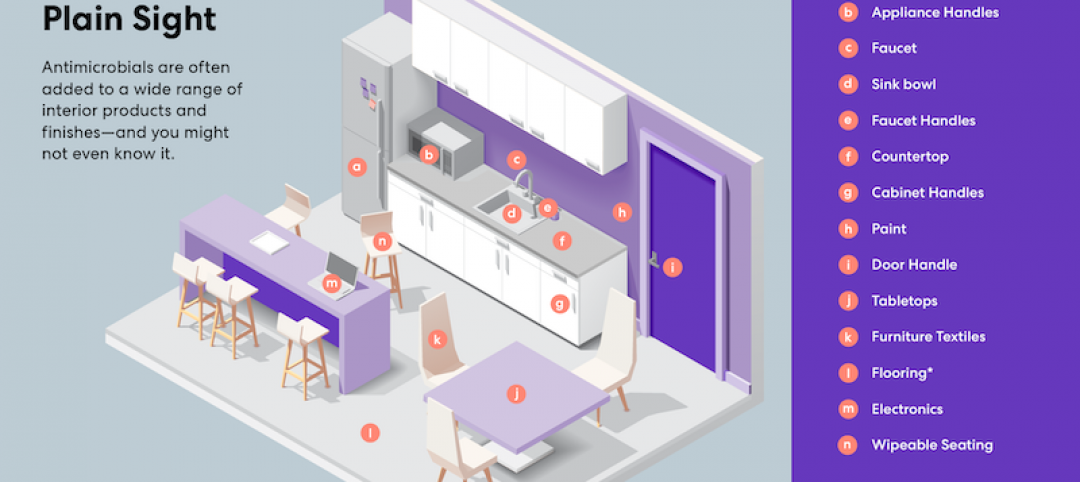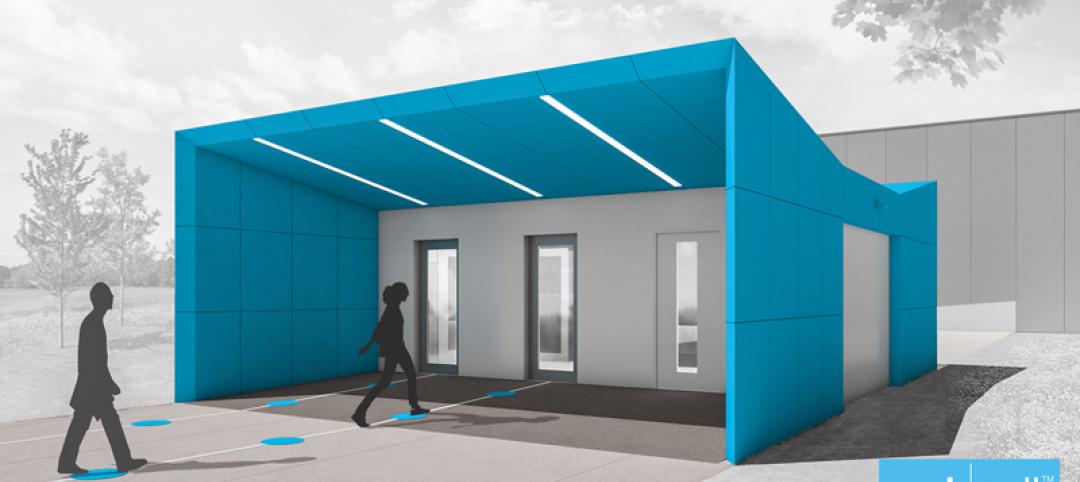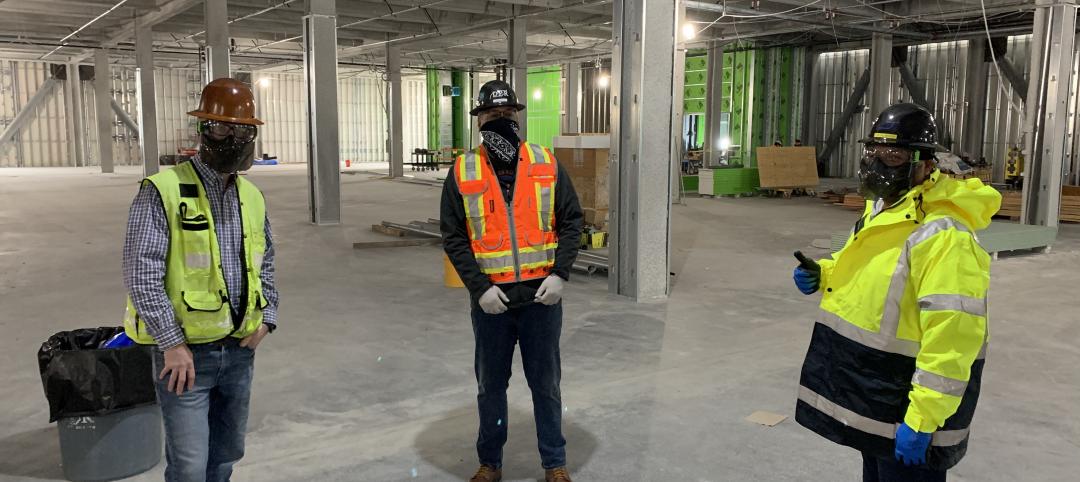The Associated General Contractors of America (AGC), with 26,000 members, has put together an eight-part webinar series whose episodes will take deeper dives into various topics related to business continuation during the COVID-19 outbreak.
The series, which runs from March 23 through April 1, each day will present a 60- to 90-minute segment on which experts will address, within the context of the virus’s spread:
• State and federal governments’ obligations to provide paid and/or unpaid leave to employees
• What labor laws are likely to require of contractors
• Contractual and related legal protections and risks for construction companies
• How to protect people and projects
• Components of comprehensive project continuity plans (e.g., if employees need to be quarantined)
• Insurance coverage
• How the outbreak is pressuring information technology
• What contractors need to watch for going forward.
Click here to get more details and to register for the webinars, which are free for AGC members and $599 for the bundle for nonmembers.
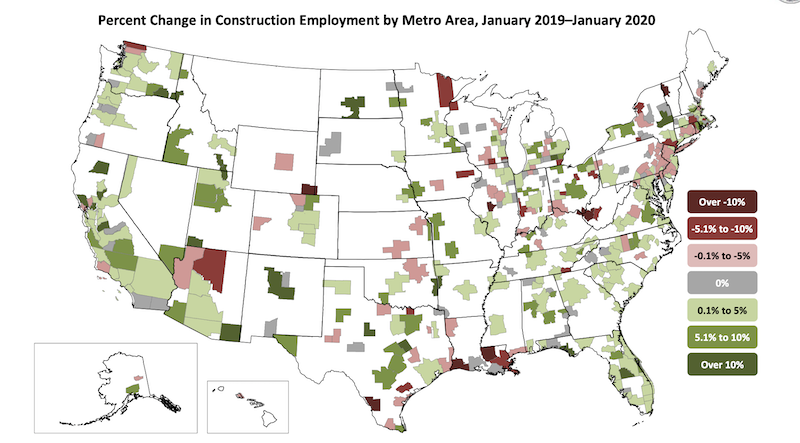
What a difference a few weeks makes. In January, AGC reported that 200 of 356 metro areas added construction jobs (see map above). A survey of contractors last week, however, found that 28% of 909 respondents had been forced to delay or halt work by an owner or government official.
“We are treating the virus with the same type of triage as medical professionals” attend to life-threatening injuries or illnesses, said Steve Sandherr, AGC’s chief executive, during a webinar last Friday where he and other association officials discussed some their group’s lobbying efforts around four objectives: to keep its members working, to keep governments “from hurting you,” says Sandherr, to educate Congress about the “essential” nature of construction, and to provide information that keeps contractors and their employees safe and mitigates losses.
Ken Simonsen, AGC’s chief economist, said that while the construction industry has been able to keep most projects active, he expects more supply-chain “glitches” and government shutdowns of jobsites. If those predictions come true, Simonsen cautions that the construction sector “is likely to have a slower recovery.”
The association also contends that the nation would be hampered in its ability to remobilize the construction industry in response to rebuilding emergencies were that industry’s activities curtailed or shut down now.
That webinar devoted a lot of time to the paid-leave mandate under the Families First Coronavirus Response Act, which was signed into law March 18, and applies to private-sector companies with 500 or fewer employees. Over a three-day period last week, AGC members flooded Congress with more than 22,000 messages about this bill (which AGC opposed) as well as about protecting construction jobs.
The main goal of AGC’s lobbying efforts is maintaining its members’ cash flow, said Jimmy Christianson, AGC’s vice president of government relations. He said AGC still has questions about the paid leave legislation (especially how the benefits will be paid for). So far, said Christianson, the association has negotiated some improvements to the bill, such as convincing Labor Secretary Eugene Scalia to exempt companies with under 50 employees from providing benefits for both paid sick leave and paid family and medical leave; and narrowing the instances of employees to be eligible to use paid family and medical leave.
Kevin Cannon, AGC’s senior director of safety and health services, told the webinar’s listeners that AGC had a hand in new OSHA guidance for recording workplace exposures to COVID 19 and preparing the workplace to thwart the virus. AGC has also created a COVID 19 Response page on its website.
Simonsen suggested that there could be opportunities arising from the pandemic, such as increased demand for labs, testing facilities, and hospitals. He speculated about hospitality buildings being repurposed for housing and medical uses. On the other hand, the pandemic will inevitably raise questions about the wisdom of investing in sports arenas, which are now dormant; and in office space if companies get more comfortable letting their employees work from home.
Michael Kennedy, AGC’s general counsel, said that the association was preparing a joint statement with the Building Trades union that would advocate for identifying construction as an essential business and service. That statement, he said, would emphasize that construction workers are already wearing protective clothing and gear, and can be instructed on exercising social distancing. “We need to make the case that we are taking care of our people,” Kennedy said.
Related Stories
Coronavirus | Jun 14, 2020
A new report on how campus buildings can reopen safely
Leo A Daly white paper suggests dividing students into smaller “cohorts,” and assigning bathroom spaces.
Coronavirus | Jun 12, 2020
BD+C launches 'The Weekly,' a streaming program for the design and construction industry
The first episode, now available on demand, features experts from Robins & Morton, Gensler, and FMI on the current state of the AEC market.
Coronavirus | Jun 9, 2020
Going viral: How the coronavirus pandemic could change the built environment
Architecture and construction firms—and their clients—are asking new questions about infection control as it pertains to people assembly, building wellness, and technology.
Fire and Life Safety | Jun 9, 2020
NFPA develops business reopening checklist for fire and life safety measures
The new checklist helps building owners and facility managers ensure fire and life safety as businesses prepare to re-open amid the coronavirus pandemic.
Coronavirus | Jun 9, 2020
CannonDesign unveils COVID Shield
As the world evolves its response to the COVID-19 pandemic, one clear reality is testing for the virus will be part of our daily lives for the foreseeable future.
Coronavirus | Jun 5, 2020
3 strategies to improve the wellness of building systems and gain tenant trust
Three operational issues that must be prioritized for every building in order to achieve tenant trust are air quality/ventilation, relative humidity, and building commissioning.
Coronavirus | Jun 2, 2020
5 ways to improve hand washing and minimize germs in public restrooms
Bradley Corp. offers five upgrades to make public restrooms more sanitary.
Coronavirus | Jun 2, 2020
Perkins and Will, Healthy Building Network advise against the use of antimicrobial building products
Even during a pandemic, antimicrobial building products may do more harm than good.
Coronavirus | May 30, 2020
A welcoming entry-point for wellness screening anywhere
Modular WorkWell™ ecosystem can process up to 40 people per minute.
Coronavirus | May 29, 2020
Black & Veatch, DPR, Haskell, McCarthy launch COVID-19 construction safety coalition
The NEXT Coalition will challenge engineering and construction firms to enhance health and safety amid the Coronavirus pandemic.


